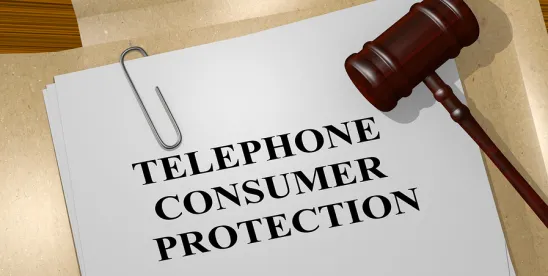Defendants hit with TCPA suits are often in the unenviable position of having to expend substantial amounts of time and money to prevail on claims that lacked merit from the outset. Particularly in a case like Dembski v. Clear Rate Communs., Case No. 18-cv-12622, 2019 U.S. Dist. LEXIS 73328 (E.D. Mich. May 1, 2019), which involved tens of millions of call records, even if a defendant ultimately prevails, the discovery process will be costly and time-consuming. So to avoid that, the defendant moved to bifurcate discovery by limiting initial discovery only to its “safe harbor” defense under the TCPA and then permitting it to file a dispositive motion on that issue.
Unfortunately for the defendant, instead of recognizing the judicial efficiency gains that bifurcation could create in a putative class action like this, the court agreed with plaintiff’s contention that there would be future motion practice regarding the scope of such preliminary discovery and that the interests of judicial efficiency would not be served by bifurcation. Not only that, the court waded into the waters of the merits of the safe harbor defense. In part based on plaintiff’s allegation that defendant kept calling him even after being notified that plaintiff was on the do-not-call list, the court reasoned that a summary judgment on the safe harbor defense “may not resolve the case as easily as Clear Rate believes” and that a defendant could not establish the call was made in error simply by showing that it meets all other safe harbor criteria.
So where does that leave defendants?
Other courts may be more sensitive to the judicial efficiencies that bifurcation can bring, particularly as the federal judiciary is faced with more and more meritless TCPA filings and the prospect of drawn-out and costly discovery. Thus, defendants should evaluate the totality of the factors that a court may consider in making a bifurcation ruling, including the potential volume of discovery, plaintiff’s factual allegations and the robustness of defendant’s business practices aimed at complying with the do-not-call database.




 />i
/>i

